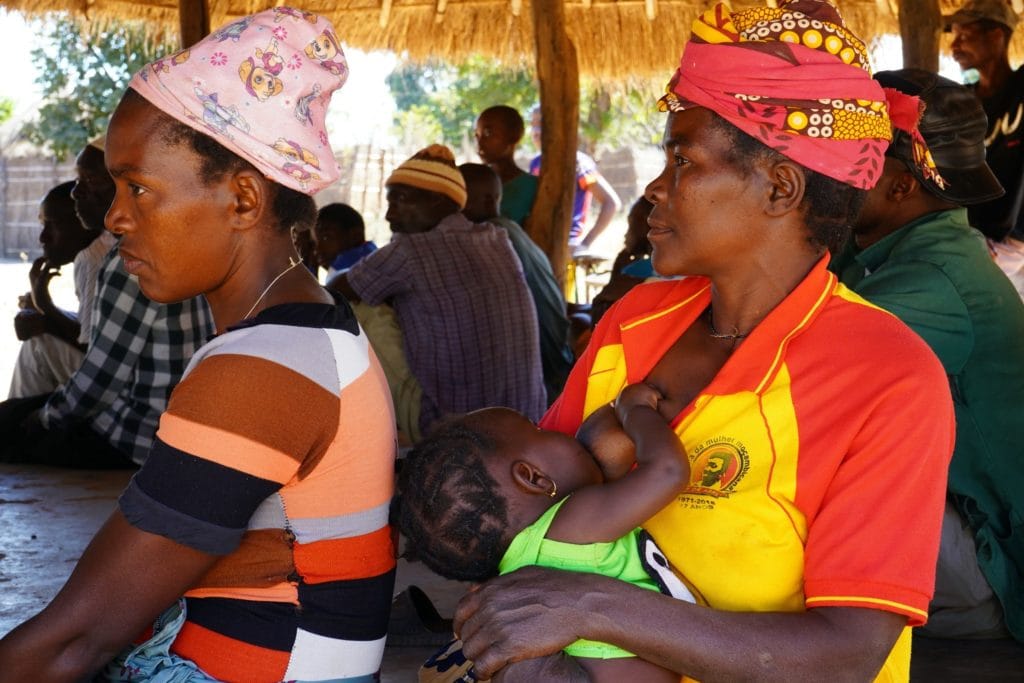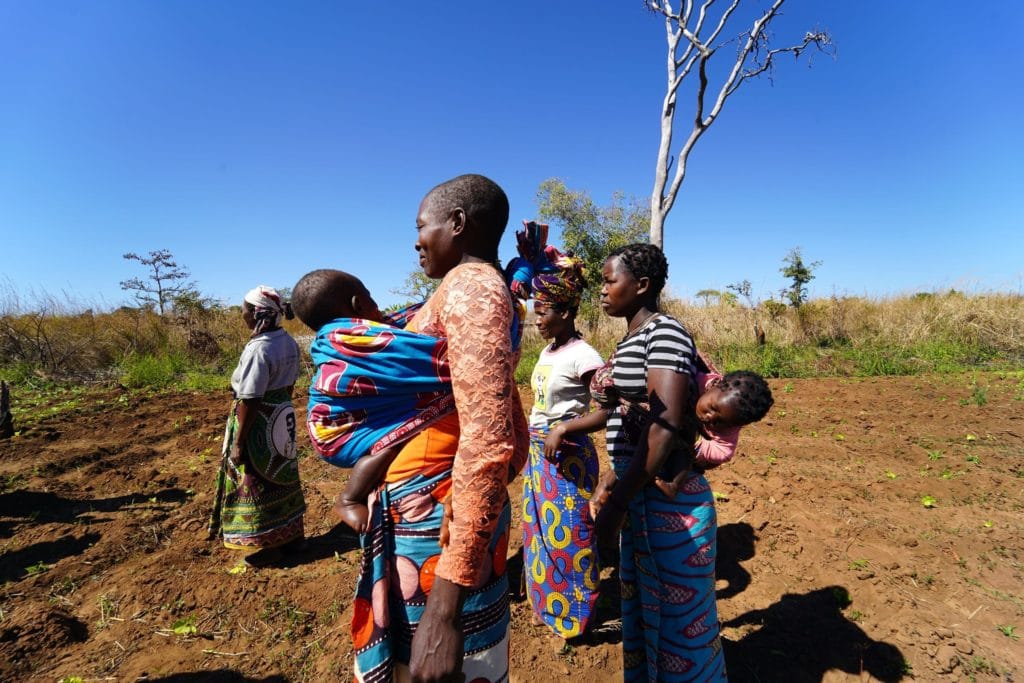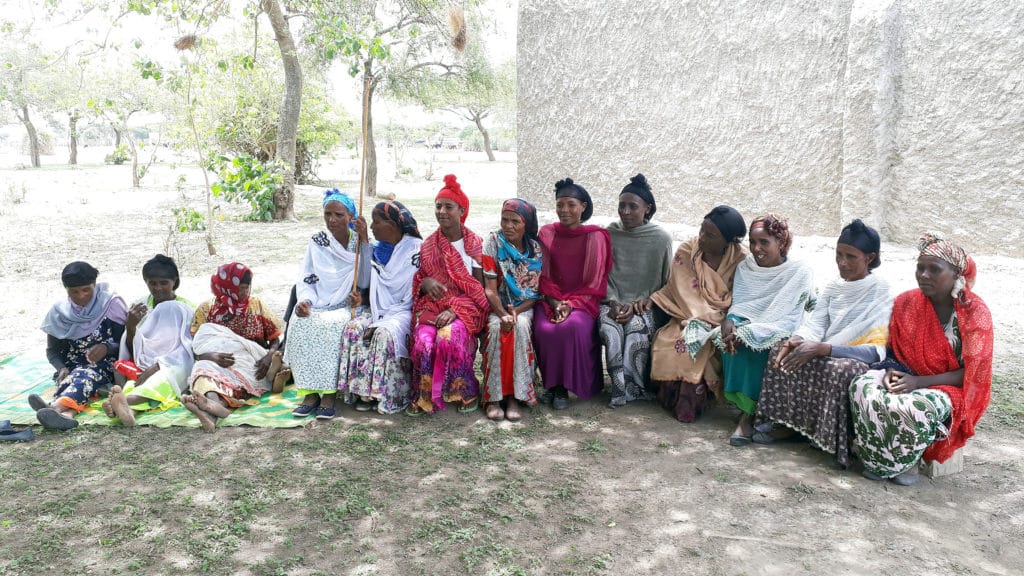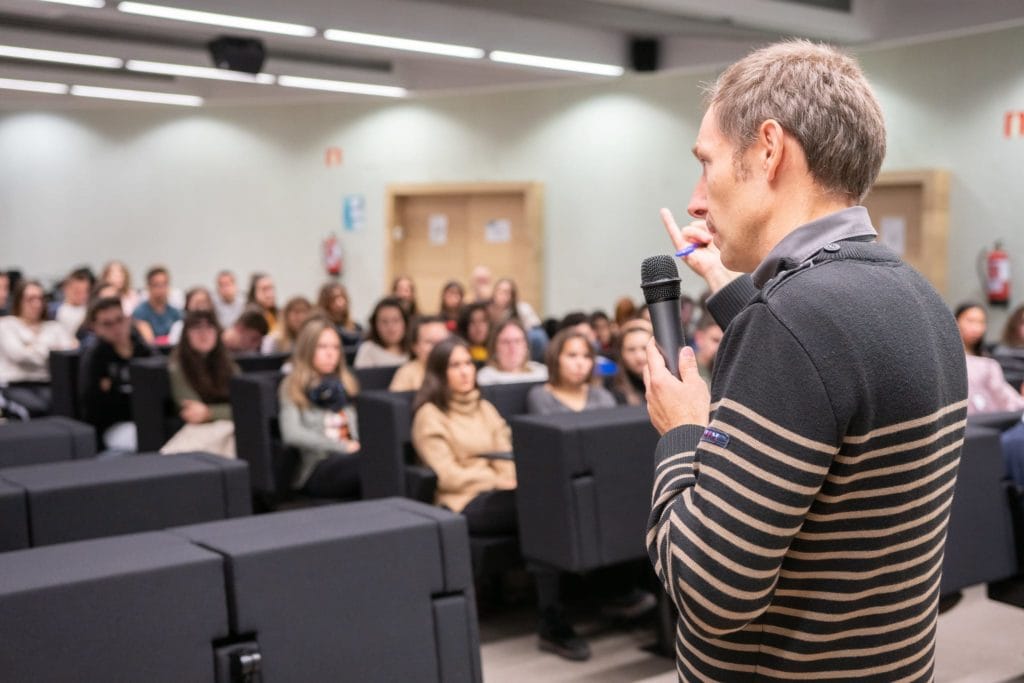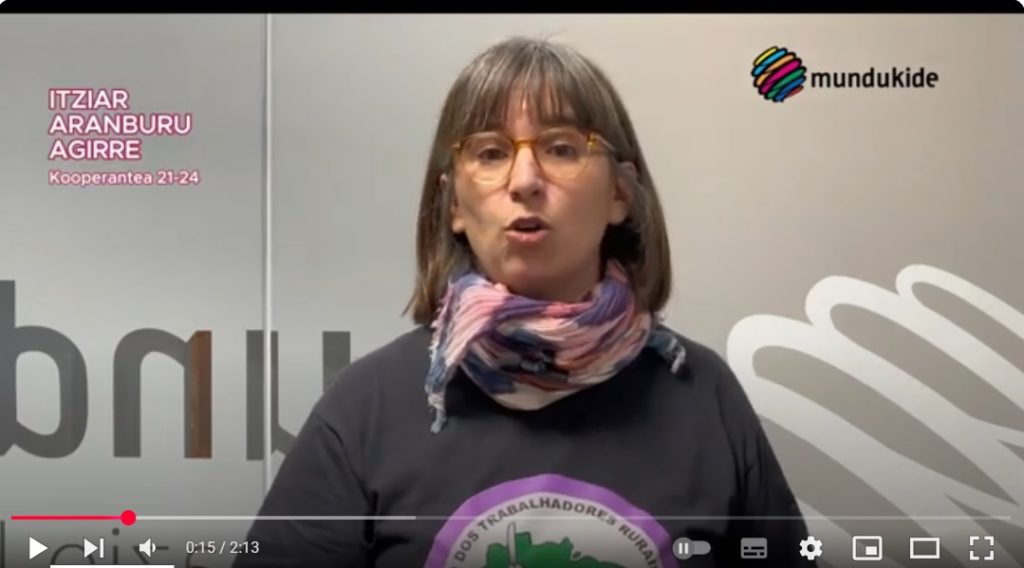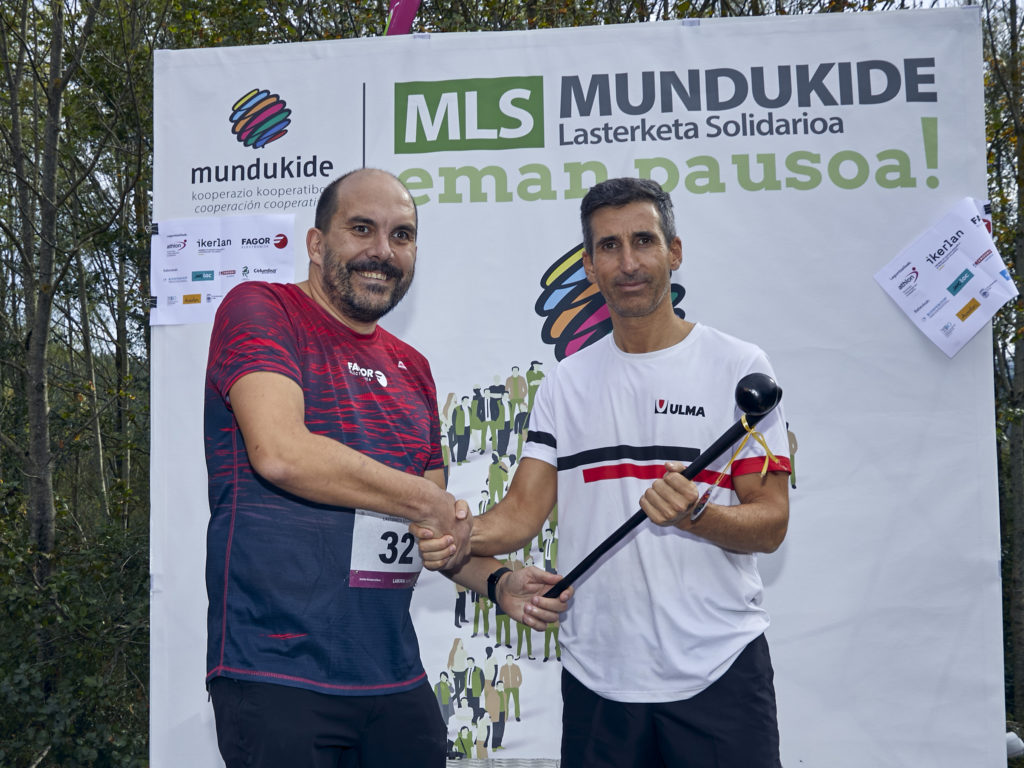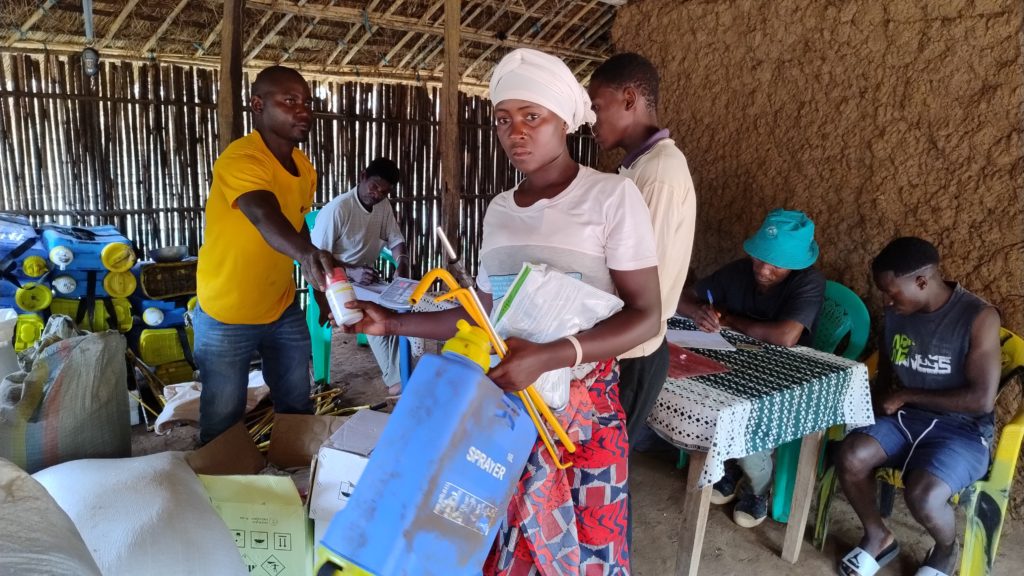The day of Africa usually generates mixed feelings. On the one hand, we are the people who want to celebrate it as a holiday; go out into the street dressed in bubús, djellaba and turbans, dance to the rhythm of djembe; time accompanies, in the case of the African diasporas in Europe.
On the other hand, there are those who warn that there is nothing to celebrate, the day should serve to reflect on the evils that threaten the continent and the African people, and the responsibility, individual and collective, before them. Like everything in life, it’s about finding balance. (There are people who know how to be spoilers).
They say that Africa Day was established with the aim of perpetuating in the collective memory of African people the date of the official proclamation of the Organization for African Unity, OAU, which has become the current African Union, AU; that May 25, 1963, in which the first pan-Africanist organization was born to strengthen Unity, Solidarity and Cooperation among the states of the continent. (I think I have seen the family photo, in which the leaders of the moment appear, showing the mosaic of traits, cultures and religions that characterizes the continent. I do not remember that there was a woman.)
Since then – the introduction of Africa Day – the African people and communities of the diaspora have turned it into a celebration, and extended its objectives to the other people, communities and peoples with whom we live. In the region where I live, as in others, before the pandemic, it was becoming one more festival of the city -the capital city of the region-, it had the auspices of the local administration and the authorities responsible for immigration inaugurated the event. It was a day to share aspects and elements of our ways of being and doing, even if it was the little that we could have – music, literature, cinema, arts, gastronomy, folklore, fashion. We create a space for encounters, dialogues, exchanges, knowledge and recognition beyond the myth of identities; spaces that strengthen coexistence. In the section of the city gardens, where we installed the association fair, one of the contents of the event, the landscape that was generated brought reminiscences of a square in Marrakech, El Aaiún, Nouakchott, Dakar, Bamako, Ouagadugou, Lagos, Yaoundé, Malabo or Luanda; for a moment we could live that illusion.
And the problems of the continent were present, both in the projects that the associations showed from their booths, and in the people who came to celebrate the day in the gardens. Programs based on those minimums agreed in declarations and agendas, which dressed the human being with the dignity that is inherent, to the societies and governments of their reason for being, but they had not yet been implemented in many places on the continent. The fight against racism, on the rise in our days, intolerable, perpetuated by the same mechanisms that should regulate coexistence, also occupied the work of many associations.
The people who came that Saturday or Sunday to spread the day in the gardens came from different situations, some lived in settlements, deprived of fundamental rights; others in an irregular situation; minors protected with the “E” for foreigners; women trafficked for sexual exploitation (each had their reasons for having been duped; fleeing the poverty of families, its causes and consequences, violence, the need for perspectives); young survivors of shipwrecks in which they had lost their sisters and brothers and did not know how to tell their mothers. All of them carried the paradoxes that the continent produced, and that raised questions (as well as the destruction of nature, armed conflicts, the management of diseases, displacement, land and resources). And yet no one gave answers. And of those we had no responsibility, ordinary citizens I mean.
Why then weren’t we going to enjoy that day of the year that we could make our own, take the floor, some public space, the one that they let us, pour libations to our ancestors, dance with others … There are the other days to reflect, yes is that it is still needed. Happy Africa Day!
Ángela Nzambi
Ecuadorian writer living in Valencia
Pro Africa Group
